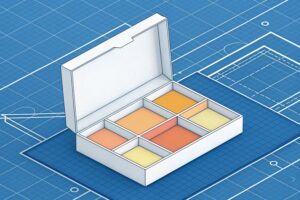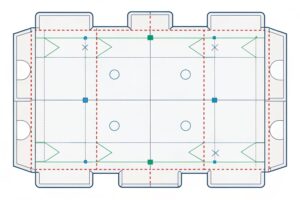Can endcap displays be used for seasonal promotions?
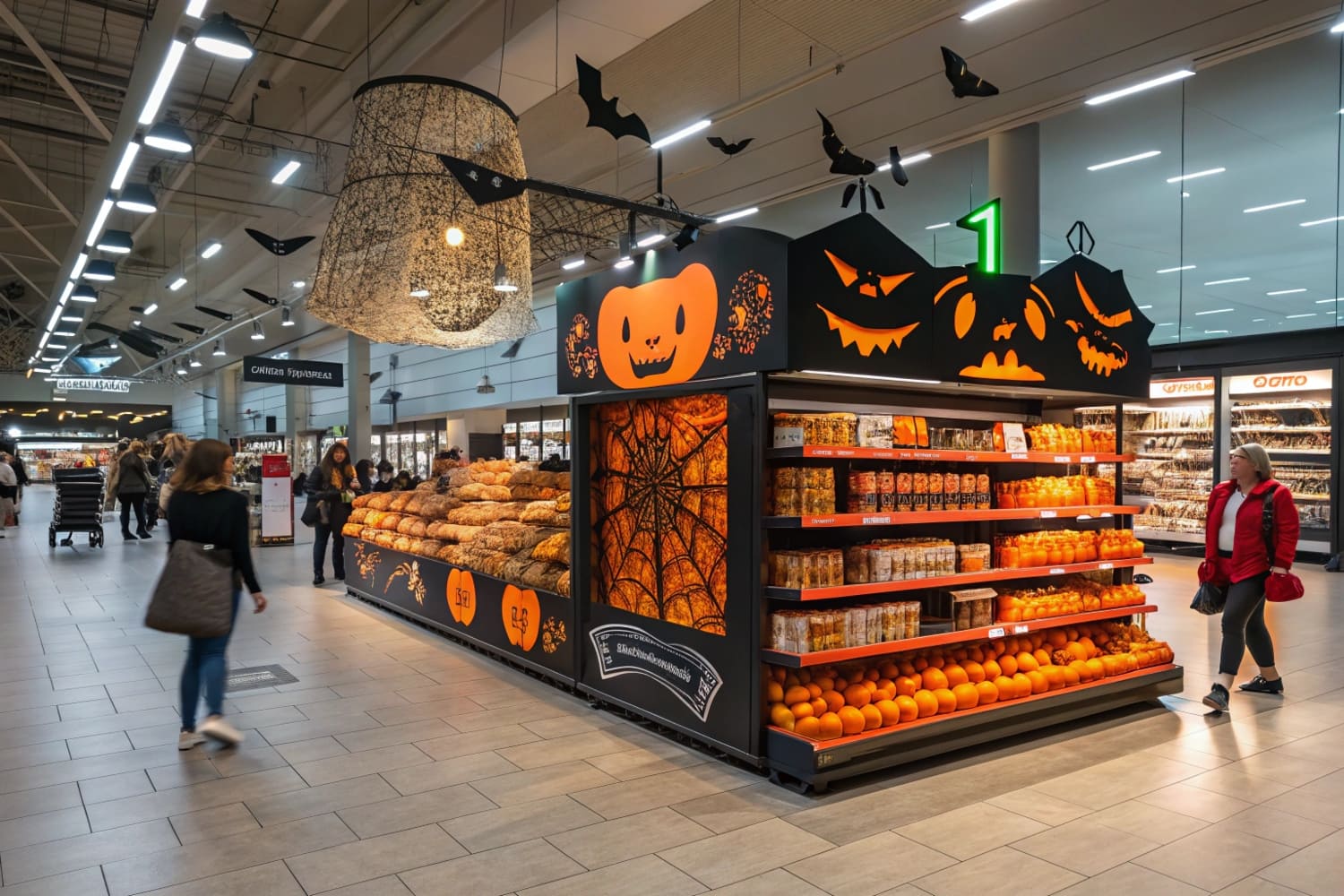
Shoppers move so fast that many products never get more than a split-second look, and lost attention means lost revenue every holiday cycle.
Yes. Endcap displays sit at the aisle ends, pull extra walk-by traffic, and give seasonal items a front-row seat without rebuilding the whole store.
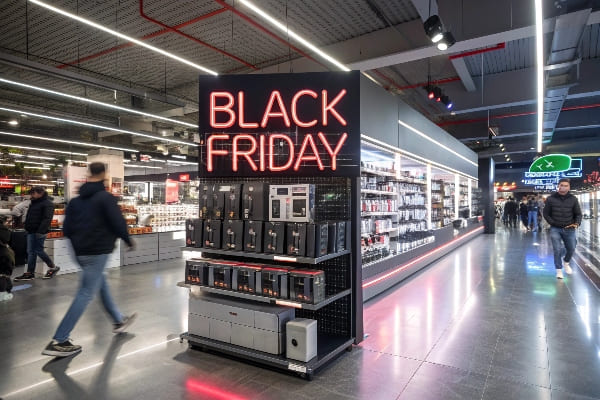
A well-built endcap can turn normal shelf space into an event. In the next pages I break down why endcaps matter, how they work, and what goals guide my own factory when we design them for brands that live on tight timelines.
What is the purpose of an endcap display in retail?
Crowded aisles block sight lines; customers see only what sits right in front of them, so most products drown in the noise.
An endcap display exists to lift key products above that noise by sitting at each aisle’s edge and stopping traffic with a clear story.
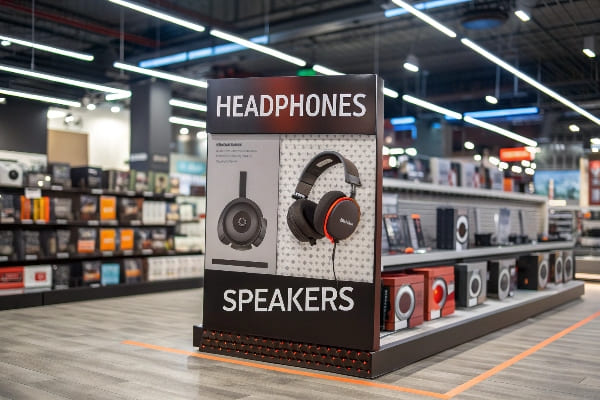
Breaking the Purpose Down
I have built thousands of cardboard endcaps1, and each one must solve three simple needs: visibility2, speed, and impulse3.
| Purpose Point | Practical Action on the Shop Floor |
|---|---|
| Visibility | Faces the main corridor, not the shelf wall |
| Speed | Pre-filled trays drop into the frame in under 5 minutes |
| Impulse | Graphics focus on one hero message, not a full brochure |
When a buyer walks past, the endcap stands like a billboard. It cuts out side distractions, shines light on new goods, and guides the eye from top header down to the grab zone. Because I manufacture with lightweight yet strong flute board, staff can roll a full unit from back room to floor in one go. That means retailers swap seasonal stories overnight without fresh carpentry. The purpose is not only to look good. It is to move stock faster than a normal shelf ever could. Once the season ends, workers fold the unit flat and ship it to recycle, saving aisle space and labor costs.
What are end caps used for?
Stores fight margin erosion; every square foot must earn its keep or get replaced.
Retailers use end caps to spotlight new launches, clear old stock, cross-sell add-on goods, and push high-margin seasonal lines in prime traffic lanes.
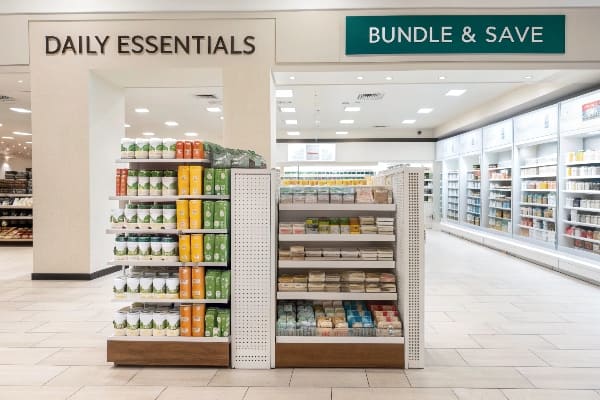
Core Use Cases I Meet Daily
I split endcap jobs into four buckets and match each to design choices.
| Use Case | Needed Feature | Why It Matters |
|---|---|---|
| New Product Reveal4 | Tall graphic header | Builds brand memory at first sight |
| Clearance Push5 | Bold price block | Drives urgency before markdown expiry |
| Cross-Sell Bundle6 | Side wings for accessories | Raises average basket value |
| Seasonal Theme | Changeable wrap skin | Reuses main frame for different holidays |
When I worked with a U.S. snack brand last winter, their peppermint cookie line sat lost on the regular shelf. We installed a red-trim endcap with a “Limited Time” tag. Within two weeks, sell-through doubled. The unit had simple shelves, reinforced edges, and quick-swap graphics so the same frame flipped to spring pastel colors later. Because my factory offers free design tweaks, the buyer felt safe experimenting without paying extra mold fees. End caps are not one-and-done pieces; they are tactical weapons that adapt each quarter while keeping labor lean and graphics fresh.
How is an end cap an effective display?
Many displays look pretty but still fail; eye candy alone does not ring the register.
An end cap works when it stops feet, tells one clear story in three seconds, holds enough stock, and lets staff refill fast without special tools.
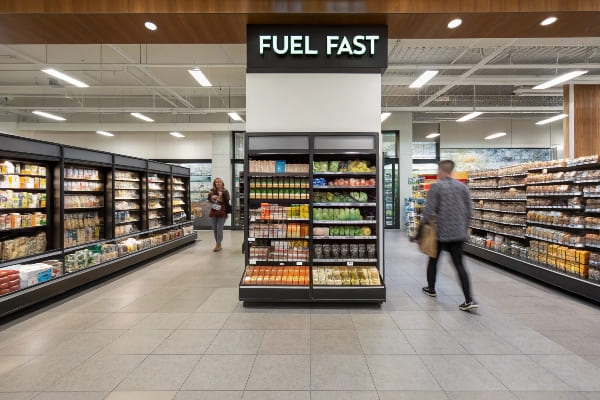
Four Pillars of Effectiveness
I judge every prototype against four pillars before it leaves my line.
| Pillar | Checklist | Test I Run |
|---|---|---|
| Stopping Power7 | High-contrast header, motion arrow shapes | A/B path test with 20 shoppers |
| Clarity8 | One product image, one benefit, one price | Three-second glance survey |
| Capacity | Shelves sized to case pack | 30-minute stress load drop test |
| Serviceability9 | Front-load restock slots | Two-person night reset drill |
Picture my client from Canada who sells protein bars. Their old wood endcap held 24 boxes and emptied by noon. I switched to a four-shelf cardboard unit with hidden stanchions, holding 48 boxes. Stock-out dropped by 60%. Because we used interlocking tray risers, staff could slide a fresh tray straight in without lifting heavy cases above shoulder height. The simple act of making restock painless kept the endcap full, which in turn kept sales steady all day. An effective display is not art; it is operational engineering aimed at speed and safety.
What is the goal of a good end cap?
Retail space costs money each minute; displays must pay rent or leave.
The goal of a good end cap is to convert high traffic into quick sales while strengthening brand recall, all with a build that installs fast and meets a target ROI.
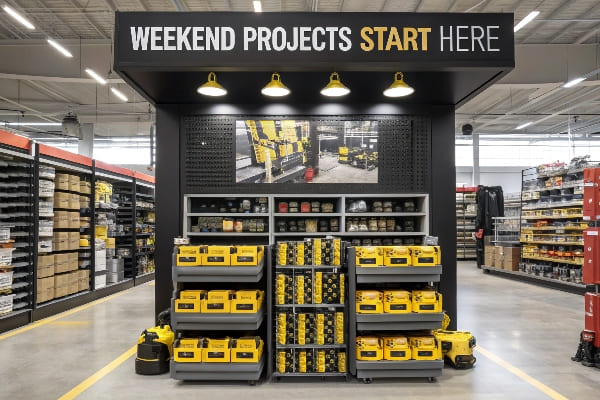
Measuring Success
I track goals with simple numbers and direct shopper feedback.
| Goal Metric | Target | How I Track |
|---|---|---|
| Unit Sales Lift10 | +25% over base shelf | POS comparison week over week |
| Time to Install | <10 minutes | Floor team stopwatch |
| Shopper Recall11 | 50% unaided logo recall | Exit intercept survey |
| Scrap Rate12 | <5% damaged in transit | QC report after delivery |
A retailer in Australia asked me for proof that our cardboard could stand up to humid summers. We applied a water-resistant coating and ran a 48-hour moisture chamber test. The endcaps passed, reached stores intact, and lifted sunscreen sales by 32% versus the old steel rack. They hit every goal: fast set-up, strong brand block, low damage, and higher margin per square foot. By keeping score this way I avoid vague success claims and show my buyers where each dollar returns value.
What is an endcap at Walmart?
Big box chains run on strict planograms and tight labor budgets; any display must fit their system exactly.
At Walmart, an endcap is a pre-approved modular rack that locks into the aisle cap space, follows specific size rules, and often ships in a Retail Ready Pack for one-touch setup.
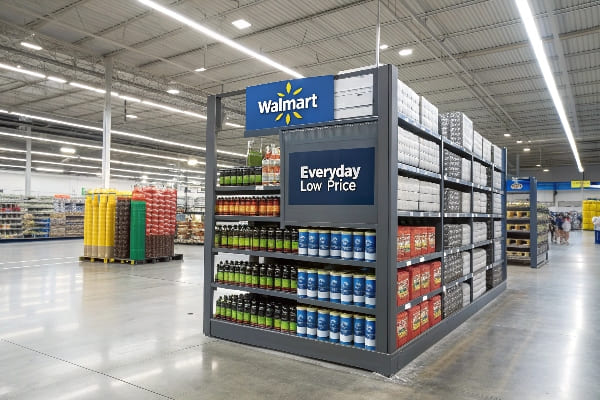
Navigating Walmart Standards
I have shipped many endcaps to Walmart DCs, and meeting their rules makes or breaks a launch.
| Requirement | Walmart Spec | My Compliance Step |
|---|---|---|
| Footprint | 48" W × 20" D | CAD model signed by Walmart merchant |
| Height Limit | 60" max loaded | Drop-in header that adjusts in slots |
| Packaging | Retail Ready, one SKU per tray13 | Pack count and barcode on all sides |
| Sustainability | Recyclable corrugate | FSC-certified board, soy ink14 |
Walmart staff expect to roll a filled pallet to the aisle, cut four straps, and slide the unit into place. My factory prints the planogram right on the inside flap so associates know shelf order. Because the chain measures On-Time In-Full rates15, I build an inner frame that resists shipping shock. When Barnett Outdoors needed a hunting-themed endcap for the southern U.S. stores, we added a top crossbow silhouette and earth-tone graphics within the exact color parameters Walmart allows. The display reached 1,200 stores on time, survived the roughest hubs, and let Barnett launch before deer season. Meeting Walmart rules earns repeat orders, and repeat orders are where my profit model lives.
Conclusion
Endcaps turn empty aisle edges into cash drivers when they grab eyes fast, tell one story, keep stock full, and fit each retailer’s rules.
Explore how cardboard endcaps can enhance product visibility and sales in retail environments. ↩
Understanding the role of visibility can help retailers optimize their layouts for better customer engagement. ↩
Learn effective strategies to boost impulse purchases and enhance customer experience in retail settings. ↩
Explore this link to discover effective strategies for creating impactful product reveals that enhance brand visibility and customer engagement. ↩
Learn how bold price blocks can effectively drive urgency and boost sales during clearance events, maximizing your revenue potential. ↩
Find out how side wings for accessories can elevate your cross-selling strategy, increasing average basket value and enhancing customer experience. ↩
Understanding Stopping Power can enhance your product display strategies, ensuring better customer engagement and sales. ↩
Exploring Clarity in displays can help you create more impactful presentations that capture customer attention quickly. ↩
Learning about Serviceability can streamline your restocking processes, improving efficiency and sales performance. ↩
Explore this link to discover proven strategies that can help you achieve significant sales growth in your retail business. ↩
This resource will provide insights and techniques to enhance brand recognition and shopper recall effectively. ↩
Learn about best practices to minimize scrap rates, ensuring better profitability and efficiency in your operations. ↩
Understanding Retail Ready packaging can enhance your compliance with Walmart’s standards and improve your product’s visibility. ↩
Exploring FSC certification can help you understand sustainable practices that align with Walmart’s sustainability goals and enhance your brand’s reputation. ↩
Learning about On-Time In-Full rates can help you optimize your shipping processes and meet Walmart’s expectations effectively. ↩


